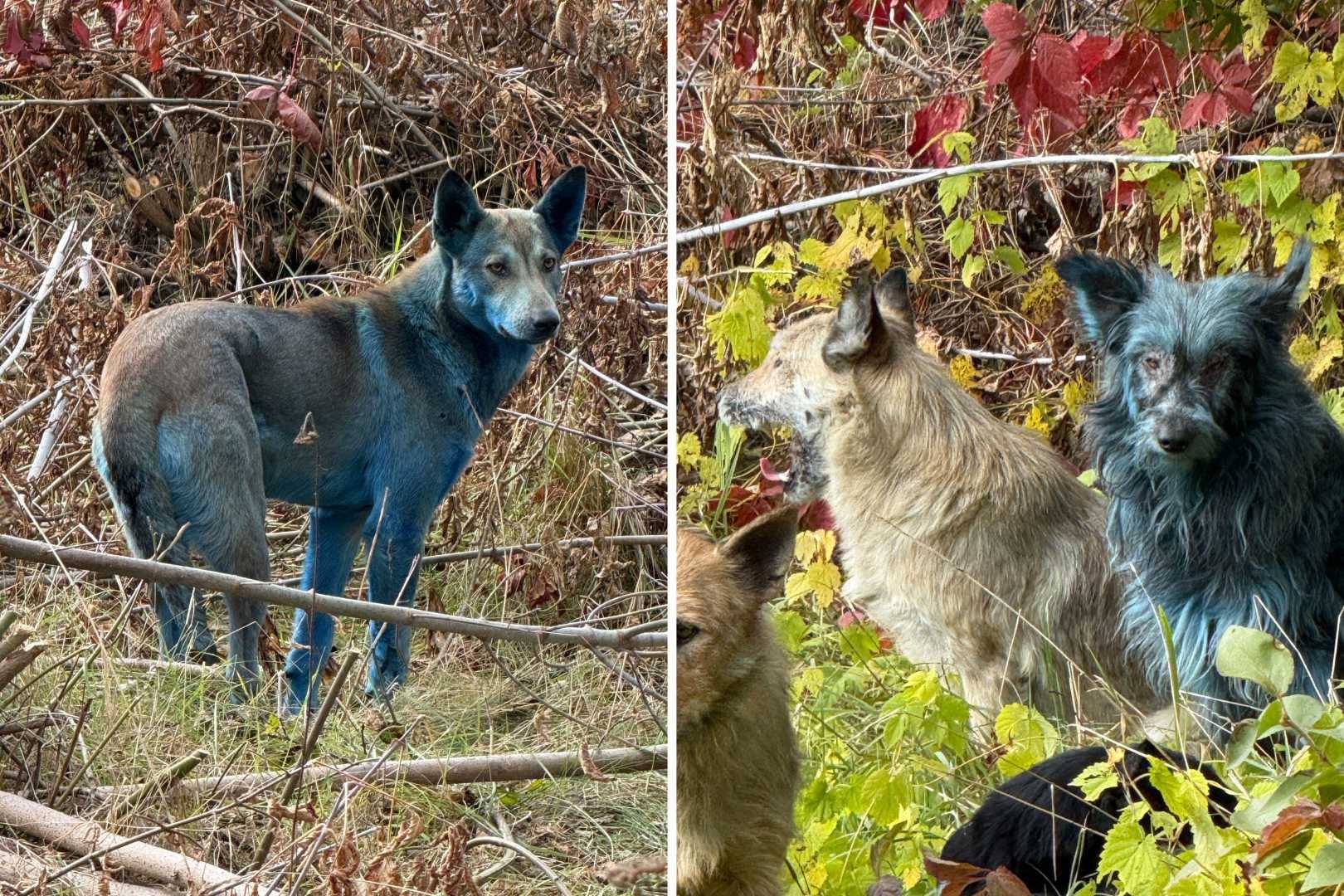New Discoveries This Week: Blue Dogs and Groundbreaking Antibiotics

STUDIO LIGHT AND SHADE, Chernobyl Exclusion Zone — This week, researchers revealed intriguing findings across various scientific fields, including the discovery of a new antibiotic and reports of bright blue dogs in the Chernobyl Exclusion Zone.
A powerful new antibiotic compound was identified in the bacterium Streptomyces coelicolor. Notably, Enterococcus bacteria exposed to this compound for 28 consecutive days did not develop resistance, indicating potential long-term effectiveness.
Meanwhile, bright blue dogs have been spotted in the Chernobyl Exclusion Zone. These unusual canines are not a result of radiation exposure but are believed to have rolled in chemical dyes. The Clean Futures Fund announced on Instagram, stating, ‘We do not know the reason and we are attempting to catch them to find out what is happening. Most likely they’re getting into some sort of chemical.’
In a separate study from Japan, researchers discovered that gray hair may be a protective response by the body to eliminate damaged cells associated with stress. Emi Nishimura, a biologist at the University of Tokyo, explained, ‘These findings reveal that the same population can follow antagonistic fates – exhaustion or expansion – depending on the type of stress and microenvironmental signals.’
Additionally, innovation in technology continues as researchers have created a type of computer memory from shiitake mushrooms. This new ‘mushristor’ operates at a performance level of 5,850 Hertz, comparable to traditional silicon chips.
In health news, a study from the United Kingdom suggests that longer walks may significantly improve heart health compared to multiple shorter walks, even if the total step count remains the same. Matthew Ahmadi, co-lead author and public health researcher at the University of Sydney, noted, ‘Simply adding one or two longer walks per day, each lasting at least 10-15 minutes at a comfortable but steady pace, may have significant benefits – especially for people who don’t walk much.’
